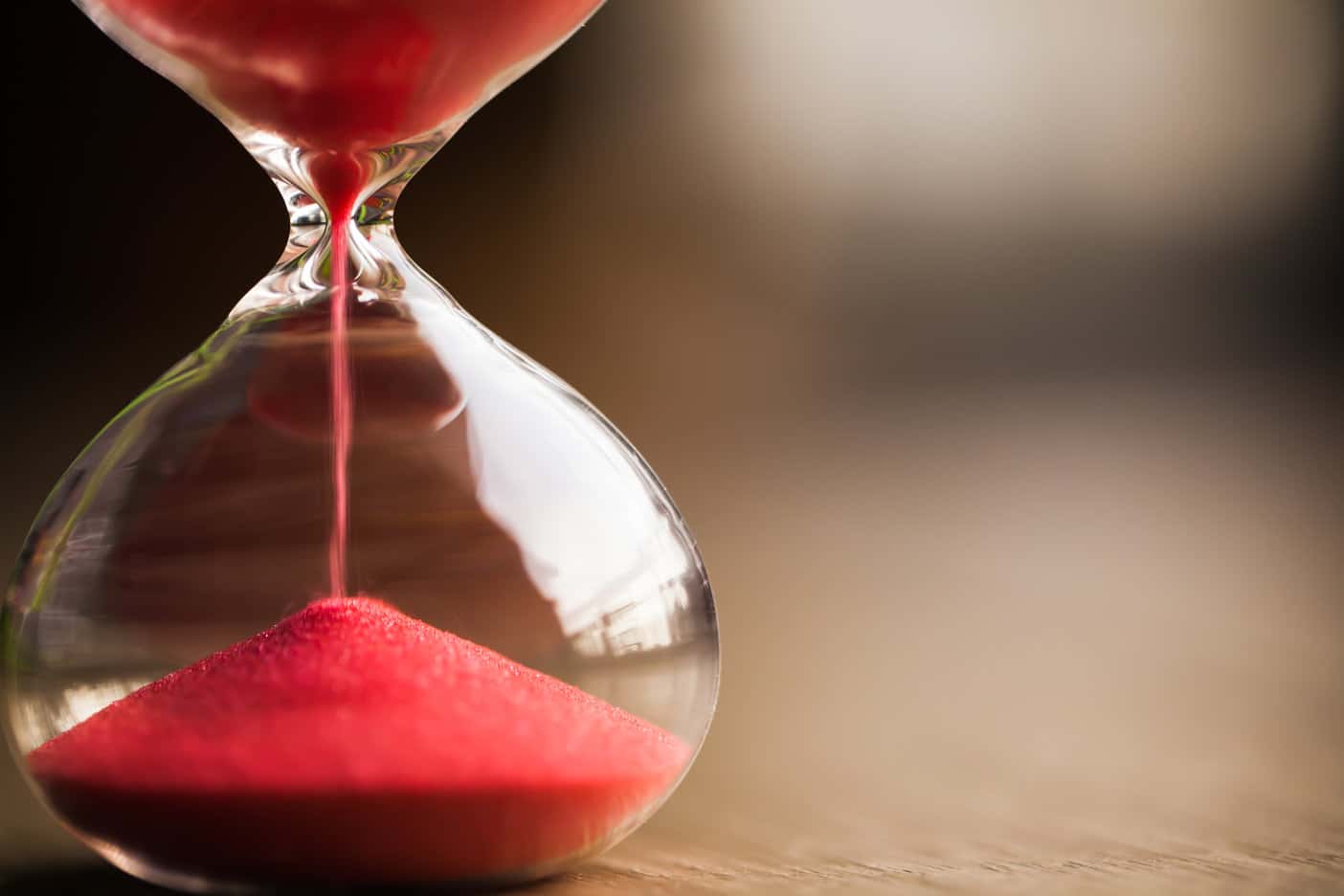Jasmine Birtles
Your money-making expert. Financial journalist, TV and radio personality.

If you’re a homeowner and you’re thinking about tax efficient inheritance for your child or children, it can be helpful to think about how your property deed is set up. This can be a sensible choice if you’re worried about a large inheritance tax bill further down the line, or if you want to get your child on the property ladder quickly. If this is the case, it might be useful for you to look into the rules that come with transferring a property deed to your child whilst you’re still alive.
However, there are some rules and potential pitfalls to be aware of before you do it. Read on to decide if you want to transfer your property deed to your child.

There are a few good reasons to consider transferring your property deed to your child while you’re still alive. One is that it might help to reduce the inheritance tax potentially owed if they already own a share of the property. This is particularly relevant if your child already lives in the property and pays the bills.
It can also help with probate and the settling of your estate further down the line. This is true whether you are down as joint tenants or have transferred the deed completely. With your child on the property deed, the estate doesn’t count as yours – and they can decide to sell whenever they want.
Of course, transferring your property to your child in this way can also be an easy and efficient way to get them onto the property ladder whilst saving money yourself.
In short, yes. You wouldn’t like to think that this would ever happen, but there are certain actions that your child could take against you once the deed is transferred. Once the property is in their control, your child could request that you move out, or could take out debts against the property while you’re still living in it.
There’s also the chance that your house could be lost if your child was to split with their spouse. To avoid this, make sure you completely trust your child and their partner (and that they’re not planning an imminent divorce!) before you make the transfer. A pre-nuptial agreement is also essential – or a post-nup if they’re already married. You may want to seek extra financial advice on this.
Other negatives include whether you live in the property. Continuing to live in the property means you must pay fair market rate rent to your child for the proportion of the property they own. Otherwise, transferring the property deed is counted as a gift – which comes under IHT rules. Transferring the deed could also be considered ‘deprivation of assets’ if you intend to access state support for your care in the near future.
Of course, none of these things are possible if you’re joint tenants on the deed.
Choosing deed share rather than transfer (i.e., your child is added to the deed rather than having it transferred to them completely) provides added protection for both parties. It would protect your own rights as the homeowner rather than signing the whole property over. It’s also likely to be the best way forward if you have more than one child, and you want them to all benefit equally from your estate after you’ve passed away.
If you want to gift your child 50% of your house rather than all of it, the deed you need is “tenants in common”. This means they can’t take debts out on the property, nor will you be forced to move out of your home. If they get a divorce, their spouse can only claim on your child’s share of the property – not yours. You could opt for a joint tenants deed – most commonly seen in married couples – but this offers less protections. In addition, when you die, they’ll automatically own the entire house – so if you want to leave them a specific share, a tenants in common arrangement is best.
For those opting for the joint deed route, and their child lives with them, make sure they pay towards bills. This will help evidence their ownership of the property for IHT rules.

The seven year rule is quite a simple one, but it’s important that you know about it. Inheritance Tax is a 40% tax paid on anything over £325,000 on a person’s estate (that doubles to £650,000 for married couples). There’s an extra primary residence allowance of £175,000 if you leave it to direct descendants. So, if you’re a widow or widower leaving inheritance only to your children, with a total estate worth under £725,000 (including your home), you won’t need to worry about IHT.
If you gift part or all of your house to your child or children and then die within seven years, it will still be classed as part of your estate for inheritance tax purposes. So, if the gifted portion of your property takes the amount of your estate over the IHT allowance, they’ll pay up to 40% tax on it. The amount tapers between one and seven years – read more about it here.
If seven years passes, it will no longer be classed as part of your estate.
This of course means it is less likely that they will pay Inheritance Tax on it, as it won’t be classed as part of your estate. It’s for this reason that keeping close track of all your documentation and the dates that you make the transfer is essential.
If you’re considering transferring half or all of your property to your child, there are a few factors that you should consider. They include:
Of course, it’s always a good idea to get impartial advice when it comes to matters like this. The Money Advice Service is just one organisation that will be able to help you.
Have you transferred your property deed to your child, or are you considering it? Head on over to our forums to discuss it with other Magpies.
Working your way around taxes and inheritance can be a confusing thing. Read these next for more information.

Dear Jasmine,
What would be better for avoiding inheritance tax; to add our two children as joint tenants or tenants in common in the deed?
A rather complicated issue that can often seem unfair. Important for people to know their rights.